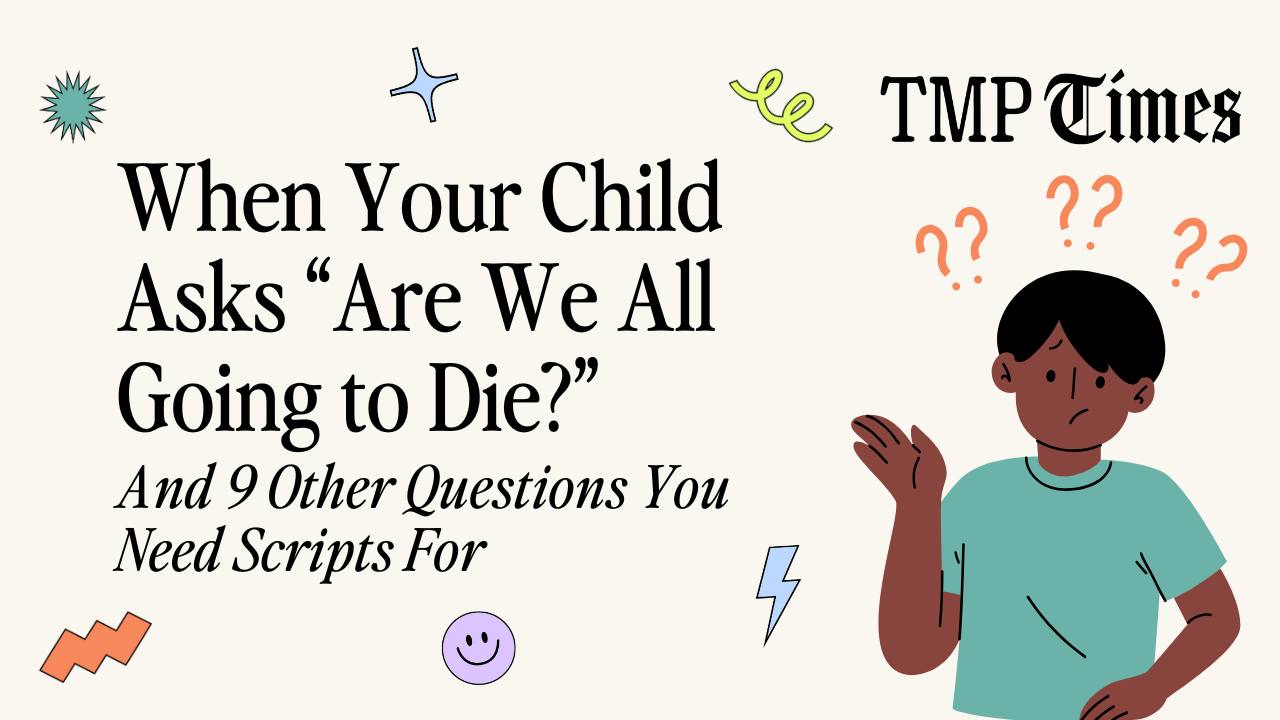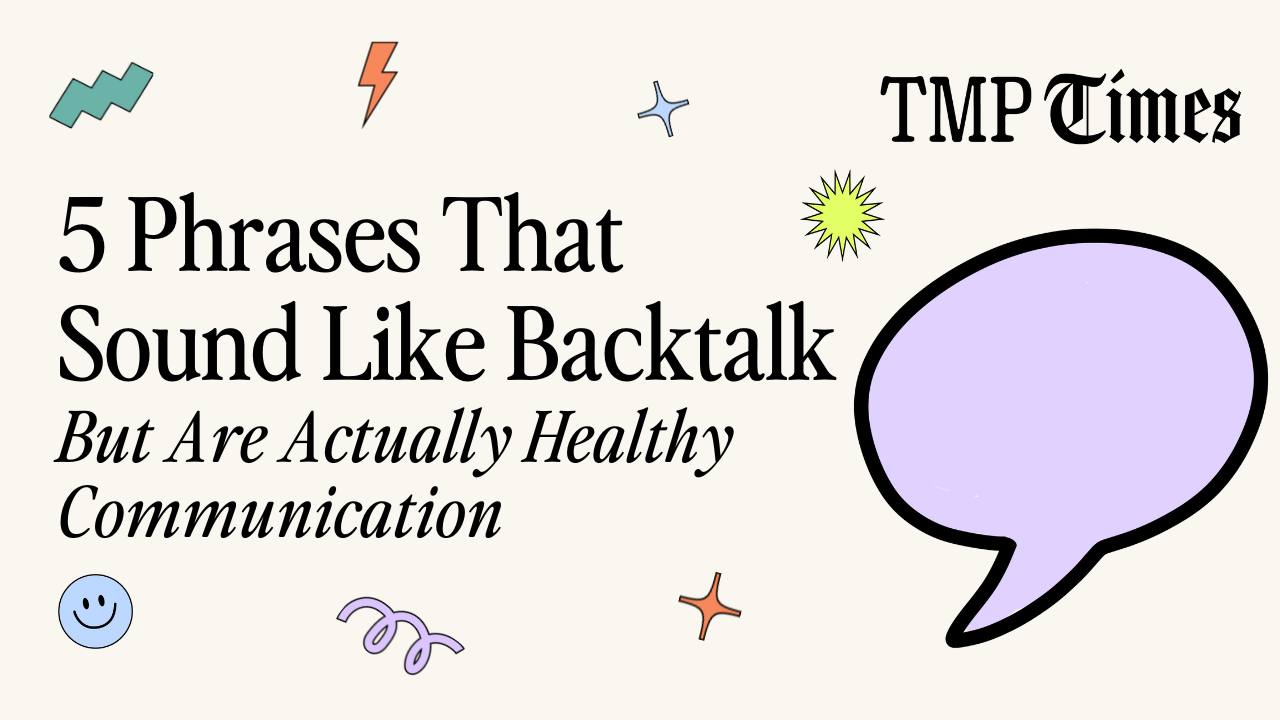Why Everything You've Been Told About Tantrums is Wrong (And What Science Says Actually Works)


Your 3-year-old is sprawled on the floor of Target, red-faced and screaming. Their tiny body shakes with sobs as fellow shoppers pause, stare, then hurry past with sidelong glances.
Your own heart is racing, face flushed with a familiar mix of embarrassment, frustration and helplessness.
You're now cycling through all the advice swimming in your head:
"You need to show them who's boss!"
"If you don't get control now, they'll walk all over you forever!"
"Just ignore it - they're only doing this for attention."
Can I be real with you for a minute? As both a psychologist and mom of 3, I've discovered something that transformed how I see tantrums - both in my clinical practice and in my own parenting journey:
Most of what we've been taught about handling tantrums isn't just unhelpful - according to brain science, it's actually making things harder for both us and our children.
We would never expect a 6-month-old to walk or a 1-year-old to read. We understand those skills develop over time. Yet somehow, we expect our young children to have perfect emotional control - something that even we adults struggle with! (Raise your hand if you've ever snapped at your partner after a long day 🙋♀️)
Let me share something that might help you breathe a little easier: Tantrums aren't a behavioral issue you need to crack down on. They're not a sign you're doing something wrong as a parent. They're actually a crucial part of your child's emotional development.
In this newsletter, I'm breaking down:
- The fascinating brain science that explains why traditional discipline often backfires
- What's really happening in your child's nervous system during those big feelings
- A research-backed approach that not only reduces tantrums but strengthens your connection with your child
- Practical strategies you can use today that work with your child's development (instead of against it)
If you've ever had that gut feeling during your child's meltdown that the "usual" parenting advice just doesn't feel right - I want you to know your intuition is spot on. Let's dive into what research actually shows about supporting our children through big emotions, and how we can respond in ways that build both emotional intelligence and stronger family bonds.
Think of this as your evidence-based permission slip to parent differently - in a way that feels better for both you and your child.

Part 1: The Big Misconceptions (And What Science Actually Shows)
Myth #1: "If you don't punish tantrums, your child will learn they can get away with anything!"
Picture building a house. Would you start with installing fancy light fixtures before the foundation is even set? Of course not!
Yet this is exactly what we're doing when we expect young children to have adult-level emotional control.

Research from Dr. Daniel Siegel shows that during a tantrum, your child's logical brain goes offline. They physically cannot access the part of their brain needed for reasoning and self-control.
So what happens when we respond with punishment?
- Stress hormones flood their system
- Their "survival brain" takes over even more
- Learning becomes impossible
- The parent-child connection weakens
It's like trying to teach someone to swim while they're actively drowning. Not gonna work!




